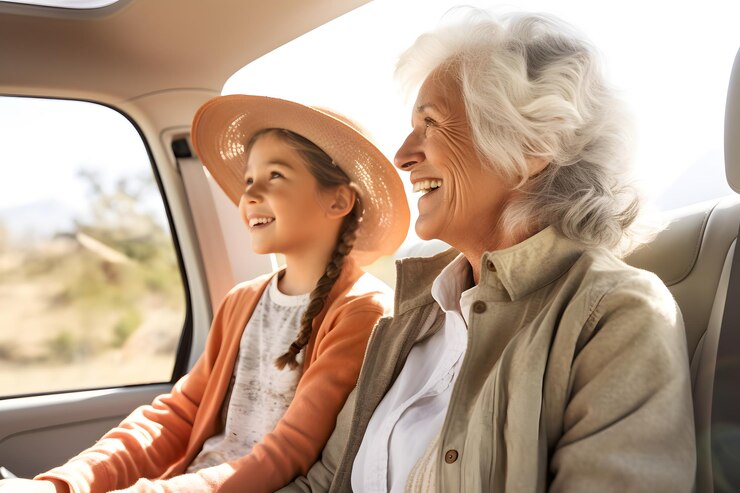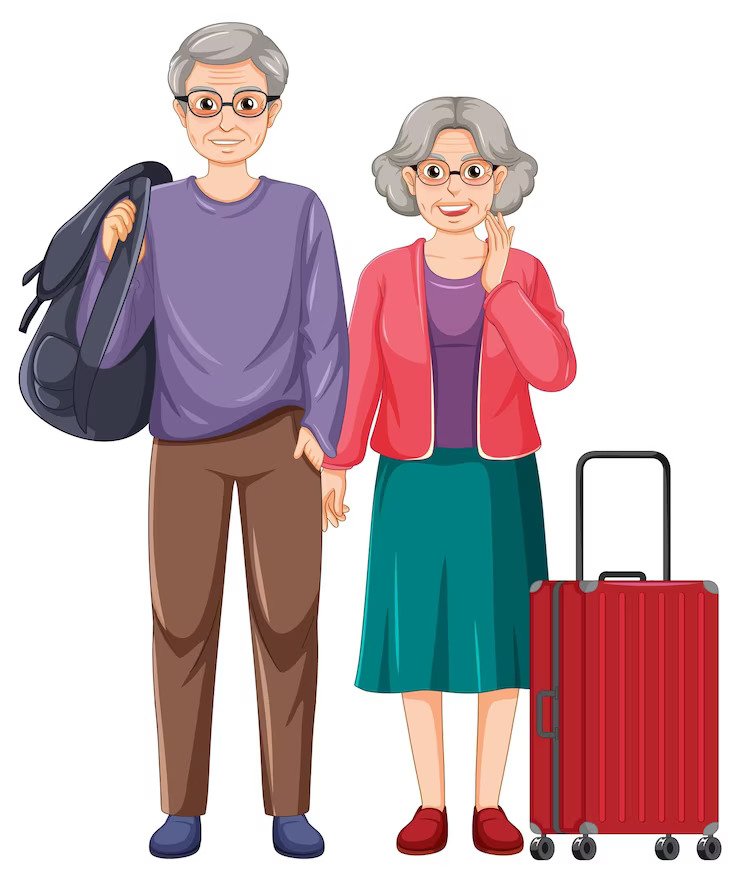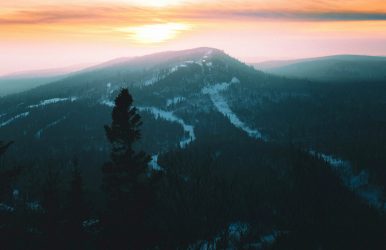Tips For Shopping When You’re On A Holiday In Pigeon Forge
BY Ankita Oct 16, 2023
Pigeon Forge may be a modest town with a population of 6,500, but that doesn’t mean it lacks in any way. When it comes to shopping in particular, there are more than 300 stores spread across the town that offer gifts, handmade items, souvenirs, and a wide variety of other items. You come to Pigeon Forge, and there is no chance that you will go back empty-handed. Here are some of the best shopping tips when you are out on a spree in Pigeon Forge: Here Are Some Famous Gift Shops In Pigeon Forge While out on vacation, most people either buy gifts to take back for their loved ones or get souvenirs that can serve as a reminder of their trip. If you are looking for either of these purchases, Pigeon Forge has a plethora of gift shops that you can hit up and find the ideal items to give to almost any person, regardless of their age or gender. Here are some of the most famous local gift shops for you to explore: a. Three Bears General Store Three Bears General Store in Pigeon Forge is the ideal place to go if you want to buy something that keeps reminding you of your travels. This enormous store, which is just off the Parkway, contains whatever you can think of. Numerous products with a Smoky Mountain motif are available, including clothes, blankets, and figurines. Additionally, this business offers jewelry, snacks, accessories, and a lot more. It is by far one of the most famous Pigeon Forge gift shops to explore. b. Mountain Mile General Store Another prominent and often-visited local gift shop is the Mountain Mile General Store. Located on Teaster Lane, this shop is one that offers almost everything that you could possibly imagine as a gift. There are home décor items, magnets, buttons, Smokies-themed apparel, and a lot more besides. Whether you are looking for a birthday gift or just something to carry as memorabilia, this store has it all, making it a must-visit spot in Pigeon Forge. The Best Local Stores It’s not just Pigeon Forge, but anywhere you visit, it is important that you take a trip to some of the famous local stores. It gives you an idea of what the area is known for, what residents make and sell that is not available anywhere else in the country, as well as to get a glimpse of cultures and traditions that are upheld in the city. When talking about Pigeon Forge, some of the renowned local stores include: a. Goats On The Roof Yes, that is the actual name of a general store in Pigeon Forge, and it is exactly what the name indicates. In fact, the store is part of a larger attraction with the same name where real goats are kept on the top of the building. The location also has a mountain coaster for families to enjoy. The store has a lot of items that are related to goats, but there are local clothing, home décor, and edible items available, too. b. The Old Mill General Store The Old Mill is one of the most iconic locations in Pigeon Forge, and this store is a famous attraction within it. The 200-year-old Mill is still operational as it grinds fresh wheat and corn. You can buy a wide variety of freshly ground flours at the store. And that’s not all. You can pick up homemade pickles, jellies, and jams, all freshly produced. Then there is also the available range of toys, souvenirs, candies, and a lot more besides. Some General Shopping Tips While Traveling Shopping is naturally an essential part of every vacation. However, all that stuff you buy definitely increases your luggage, which may not be a problem if you travel to Pigeon Forge in an RV or your own car, but if you took a flight and intend to take one back, weight is something you will need to take into account. And that’s just one thing to take care of. Here are a few tips that make travel shopping significantly easier: a. Pack light There is a good probability that you will go shopping everywhere you go, whether you are traveling domestically or internationally. Since you are aware of this, it is best to bring minimal luggage. This is an important consideration if you are flying, but if you drive across the country and have room in your vehicle, you might not need to consider it. b. Browse Before You Pick There are a lot of different shops selling a wide variety of items across Pigeon Forge. At times, you may feel like buying almost everything in a store, but that’s not always practical. A great thing is that despite there being more than 300 stores, they are all located in relatively close vicinity. So, it is better to browse different places before buying anything. You can always come back to a store if you find something you like and can’t find it anywhere else. c. Be Careful With Edible Items In Pigeon Forge, the Old Mill store is not the only place where you’ll find edible items to buy. Almost every famous general store in the town offers some local delicacy that you would want to take back home. However, carrying edible items is tricky, irrespective of whether you are traveling by road or by car. Freshly ground flour, in particular, can be difficult to transport. Make sure that you get a plastic container for it, or else you run the risk of getting that white powder in various places that you’d have to clean up later on. Conclusion Pigeon Forge is a comprehensive travel destination that offers a lot in terms of entertainment and considerable shopping choices. From memorabilia to apparel, from edibles to décor products, you can find almost everything down here, but it is important not to go crazy and shop wisely. Read Also: Eight Outdoor Attractions In Pigeon Forge For Thrill-Seekers 8 Reasons To Spend Your Spring Vacation In Pigeon Forge Top Tips For A Terrific Vacation














